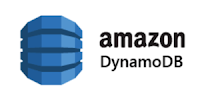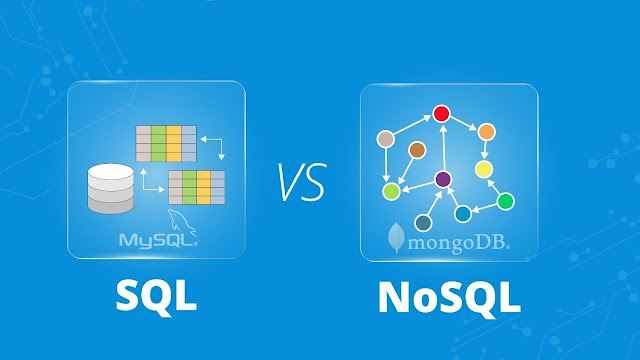SQL vs NoSQL.
By Jeewantha Hiddalarachchi.
In this tutorial, I going to discuss the difference between SQL and NoSQL databases. Let's start with a brief explanation about SQL and NoSQL.
What is SQL?
Structured Query language (SQL) is the standard language to communicate and deal with relational databases. A relational database is a form of tables.
Basically, we use SQL to insert, search, update and delete database records but it helps users to do lots of things like optimizing and maintenance of databases.
SQL databases are table-based databases and there are vertically scalable. Not only that but also SQL has a predefined schema and always requires specialized DB hardware for better performance.
Examples SQL databases -
- MySQL
- Microsoft SQL Server
- Oracle
- Sybase
What is NoSQL?
NoSQL is a non-relational Database Management System. And also NoSQL not like SQL because it does not require a fixed schema, avoids joins. It is mainly focused on scaling, fast queries, allowing for frequent application changes, make programming simpler for developers.
In 1998, Carl Strozz introduced the NoSQL concept to the world. NoSQL databases use dynamic schema for unstructured data.
NoSQL database is used for distributed data stores with humongous data storage needs and it is used for Big data and real-time web apps. Therefore so many reputed companies use NoSQL like google, Facebook, etc. NoSQL stands for "non SQL" and " not only SQL" and NoSQL databases can be document-based, key-value pairs, graph databases. Also, there are horizontally scalable.
Normally RDBMS uses SQL syntax to store and retrieve data but instead NoSQL database system encompasses a wide range of database technologies for store structured, semi-structured, unstructured, and polymorphic data.
Examples NoSQL databases -
- MongoDB
- DynamoDB
- Firebase
- Apache CouchDB
Now I'm going to tell you about the difference between SQL and NoSQL.
Difference between SQL and NoSQL.
Occasions usage of SQL and NoSQL databases in the real world.
SQL
- Analyzing behavioral-related and customized sessions.
- Building custom dashboards.
- Allows store and retrieve data from the database quickly.
- Preferred to use joins and execute complex queries.
NoSQL
- When ACID support is not needed.
- When the RDBMS SQL model is not enough.
- Data that need a flexible schema.
- Constraints and validations logic not required to be implemented in the database.
- Logging data from distributed sources.
- Used to store temporary data like shopping carts, wishlists, and session data.
Summary.
We discussed what is SQL and NoSQL databases and their differences. We also learn how to use them in our projects and how SQL and NoSQL databases can help us create perfect projects.
Thank you very much for reading and I hope you have a better idea about this topic...😊.










Comments
Post a Comment